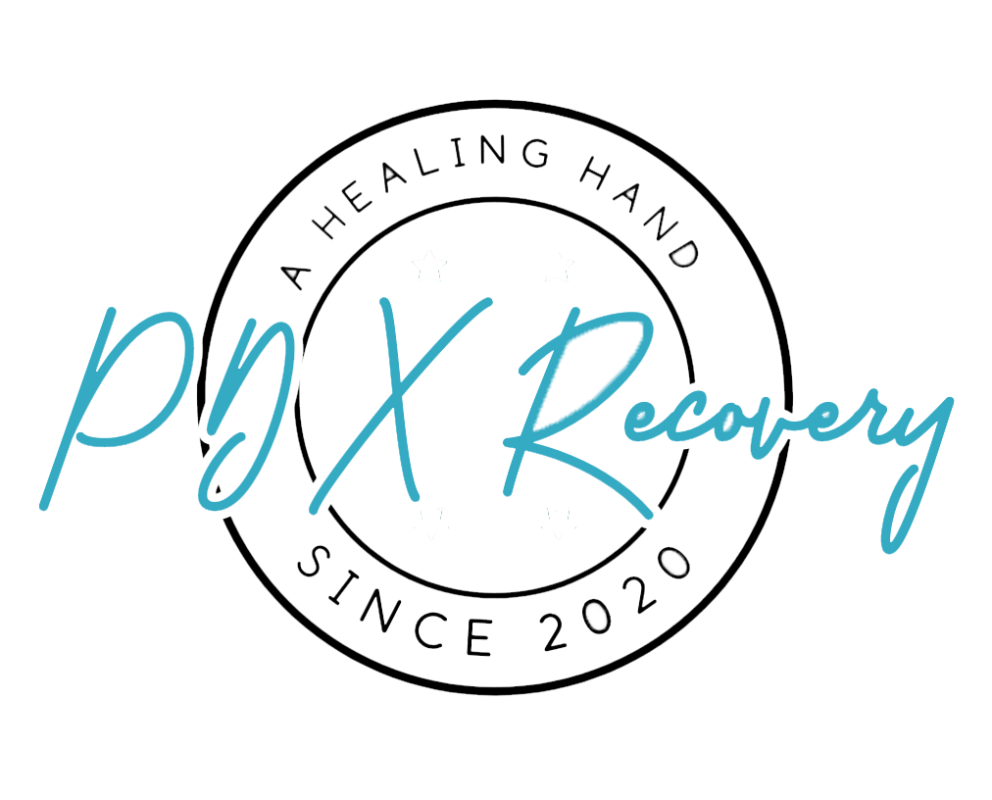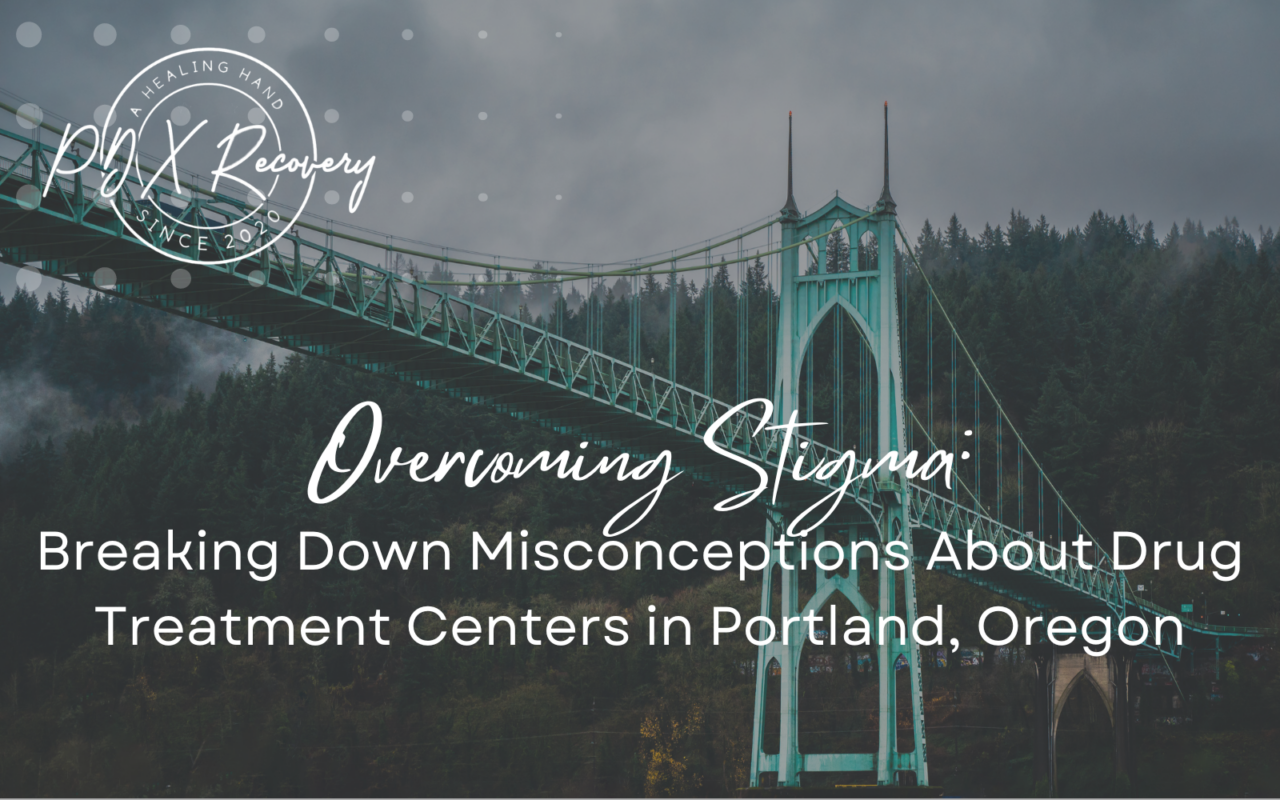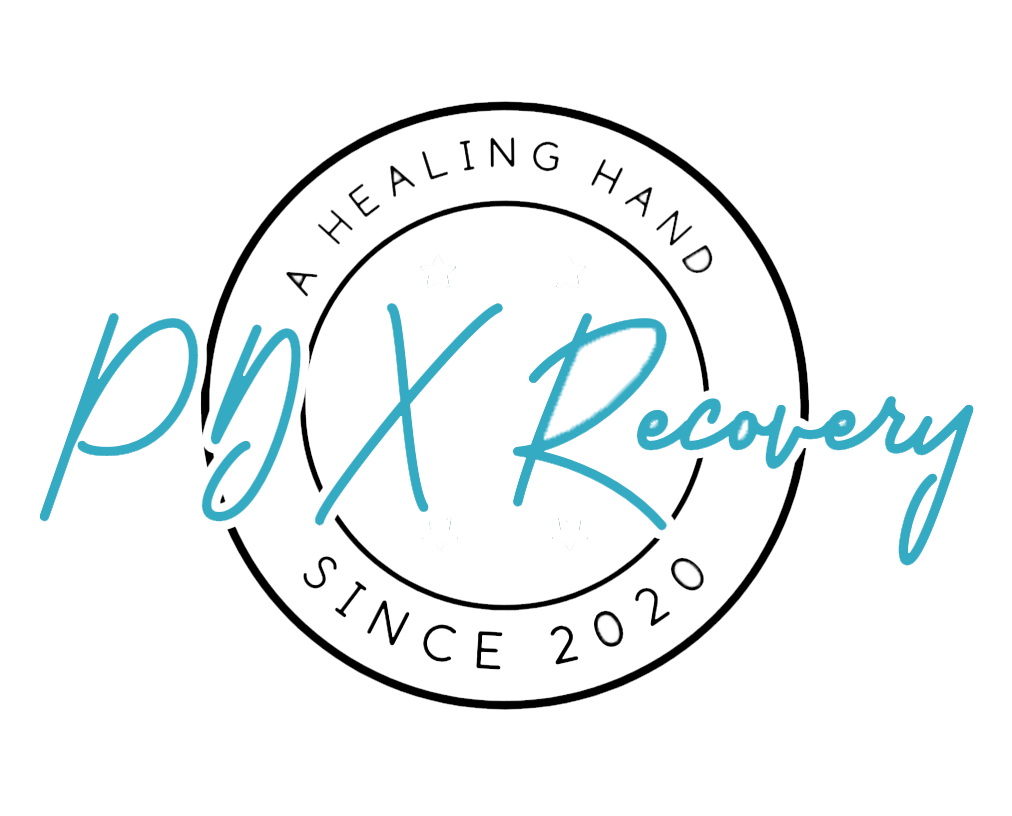Drug treatment centers in Portland Oregon play a crucial role in the fight against addiction, offering essential services and support to those battling substance abuse. Yet, despite their importance, stigma continues to impede their effectiveness and accessibility. For residents of Portland, Oregon, and healthcare professionals working in the region, understanding and addressing this issue is essential.
This blog post dives into the misconceptions surrounding drug treatment centers, the profound impact of stigma on both patients and providers, and offers practical strategies for individuals and the community to combat this pervasive issue. By fostering a more understanding and supportive environment, we can enhance the success of these vital institutions and improve outcomes for those in need.
What is Stigma?
Stigma refers to negative attitudes and beliefs that lead to discrimination against people. When it comes to drug treatment centers, stigma manifests as misconceptions and stereotypes about addiction and those seeking help. People often view addiction as a moral failing rather than a complex disease, contributing to the pervasive stigma. This stigma deters many individuals from seeking the help they desperately need, as they fear judgment and social rejection.
- Common Misconceptions: Many believe that individuals struggling with addiction lack willpower or are inherently flawed. They might think that overcoming addiction is simply a matter of choice or discipline. However, addiction is a multifaceted condition influenced by genetic, environmental, and psychological factors. It’s important to understand that addiction alters brain chemistry, making it incredibly challenging for individuals to quit without professional help and support.
- Statistics on Drug Addiction: In Portland, Oregon, nearly 8% of the population has faced substance abuse issues, highlighting the prevalence and need for effective treatment. This statistic reflects a broader issue present in many communities across the nation. Despite these numbers, stigma remains a significant barrier to seeking help. Many people feel ashamed or embarrassed to admit they have a problem, which exacerbates their isolation and the progression of their addiction. Breaking down these stigmas is crucial for encouraging more people to seek the treatment they need and deserve. By fostering a more understanding and supportive environment, we can make significant strides in addressing the addiction crisis.
How Stigma Prevents Individuals from Seeking Help
Stigma can severely deter individuals from accessing drug treatment centers in Portland Oregon. The fear of judgment and discrimination often keeps people from reaching out for support, creating a vicious cycle that hinders recovery and perpetuates the problem. This fear is fueled by societal misconceptions and stereotypes about substance abuse, which paint those struggling with addiction in a negative light. As a result, many individuals suffer in silence, unable to seek the help they desperately need. Breaking this cycle requires widespread education and awareness to foster empathy and understanding, ultimately reducing the stigma associated with drug treatment.
Fear of Judgment:
Many individuals worry about how they will be perceived by others, including family, friends, and coworkers, if they seek treatment. This fear can lead to prolonged suffering and worsening of their condition. They may fear being labeled as weak or morally flawed, which can be incredibly damaging to their self-image and motivation to seek help. This apprehension is often compounded by societal stigma surrounding mental health issues, where seeking assistance is sometimes seen as a sign of vulnerability or incompetence. Consequently, individuals might choose to endure their struggles in silence rather than facing potential judgment, which unfortunately delays their path to recovery and well-being.
Negative Impact on Mental Health:
Stigmatizing attitudes can severely damage an individual’s mental health and self-esteem. Constant exposure to negative stereotypes can lead to feelings of shame and worthlessness, making it even harder to take the first step toward recovery. This mental toll can exacerbate the addiction itself, creating additional barriers to seeking help.
Difficulty Accessing Resources:
The societal stigma around addiction often results in a lack of accessible resources and support systems for those in need. Public policies and funding priorities may not adequately address the needs of individuals struggling with addiction. This lack of resources can make it difficult for individuals to find and afford quality treatment options, further discouraging them from seeking the help they desperately need.
By understanding and addressing these aspects of stigma, we can create a more supportive environment that encourages individuals to seek the help they need without fear of judgment or discrimination.
The Role of Drug Treatment Centers in Addressing Stigma
Drug treatment centers in Portland Oregon play a crucial role in addressing the stigma associated with addiction. By creating a safe and non-judgmental environment for those seeking help, they can foster an atmosphere of acceptance and support. Education is also vital in dispelling misconceptions about addiction and promoting understanding among the broader community.
Creating a Safe Environment:
Treatment centers should prioritize creating welcoming spaces that promote recovery without judgment.
This involves training staff to handle sensitive situations with empathy and respect. Patients should feel comfortable and secure throughout their recovery process. Clear protocols for patient privacy and confidentiality are also crucial. Providing access to mental health resources is equally important. Treatment centers should foster a community atmosphere for shared experiences. Individuals need space to support one another in recovery. Addressing both emotional and physical needs enhances recovery effectiveness. Treatment centers can significantly improve the recovery journey this way.
Providing Education
Educating the public about addiction can help change perceptions. Understanding the effectiveness of treatment is equally important. This can include workshops, community seminars, and information campaigns. These efforts highlight scientific and medical perspectives on addiction. They stress that addiction is a disease requiring professional intervention.
Highlighting Diverse Treatment Options:
From inpatient programs, which provide intensive, around-the-clock care, to outpatient support, which offers flexibility for those who need to maintain daily responsibilities, drug treatment centers in Portland Oregon offer various services tailored to individual needs. It is important to communicate that recovery is not one-size-fits-all and that there are multiple paths to achieving sobriety.
Focusing on Individual Journeys:
Recovery is personal and unique for each individual. Treatment centers should emphasize personalized care plans, which consider the specific circumstances, challenges, and goals of each patient. This approach ensures that the treatment is relevant and effective for everyone, increasing the likelihood of long-term success.
Personalized care plans can include a variety of therapeutic modalities. These include cognitive-behavioral therapy, group counseling, and holistic practices. Yoga and meditation are among the holistic options available. Tailoring treatments to each person’s unique needs is essential. Healthcare providers can address both symptoms and underlying causes. This approach fosters a more comprehensive and lasting recovery.
Collaborating with Community Organizations
Working with local organizations helps increase awareness and reduce stigma. It also makes resources more accessible to those in need. Treatment centers can partner with schools, workplaces, and community groups. These partnerships extend their reach and offer broader support. Such collaborations create comprehensive community support systems. They address addiction from multiple angles. This fosters a more inclusive and understanding society.
Overcoming Stigma: Personal Stories
Personal stories powerfully illustrate the impact of stigma. They also highlight the positive role of drug treatment centers. These narratives offer valuable insights into real experiences with addiction. They provide a beacon of hope for others in similar situations.
- Real-Life Experiences: Sharing stories of individuals who have faced and overcome stigma can inspire others to seek treatment. These accounts often reveal the deep struggles and triumphs that accompany the journey to recovery, showing that it is possible to reclaim one’s life despite societal prejudices.
- Impact of Stigmatizing Language: Stigmatizing words and attitudes can hinder recovery. Personal stories highlight the importance of respectful and supportive language, emphasizing how words can either uplift and encourage or further entrench someone in their struggles. Understanding this can lead to a more compassionate approach to discussing addiction and recovery.
- Finding Support: Many individuals have found solace and success in drug treatment centers in Portland, Oregon, despite initial fears and societal judgment. These centers provide not only medical and psychological support but also a community where individuals can connect with others who understand their experiences. Overcoming the fear of judgment and seeking help can be the first step towards a healthier, more fulfilling life.
By sharing and listening to these personal stories, we can break down the barriers of stigma and create a more supportive environment for everyone involved in the battle against addiction.

Breaking Down Misconceptions: Dispelling Myths About Drug Treatment Centers
Various myths and misconceptions surround drug treatment centers in Portland Oregon, often fueled by misinformation and a lack of understanding. These misconceptions can create barriers for those seeking help and undermine the effectiveness of treatment.
- Addressing Common Myths: It’s essential to debunk myths that portray treatment centers as ineffective or only for the “worst cases.” Many people mistakenly believe that drug treatment centers are last-resort options, but in reality, they are valuable resources for anyone struggling with addiction, regardless of the severity.
- Evidence-Based Practices: Modern treatment centers utilize evidence-based practices that have been proven to help individuals recover effectively. These practices include a combination of medical and therapeutic interventions that are tailored to meet the unique needs of each patient, ensuring a comprehensive approach to recovery.
- Success Stories: Highlighting the success stories of those who have completed treatment can provide hope and encouragement for others. These stories can help break down the stigma associated with seeking help and show that recovery is possible for anyone willing to take the first step.
- Ongoing Support: Drug treatment centers in Portland Oregon often provide continuous support and resources even after the treatment ends, ensuring long-term recovery. This ongoing support can include aftercare programs, counseling, support groups, and access to community resources, all of which are crucial for maintaining sobriety and preventing relapse.
By dispelling these myths and providing accurate information, we can create a more supportive environment for those in need of treatment and improve the overall effectiveness of drug treatment centers.
Everyone has a part to play in reducing stigma and promoting a more compassionate approach to addiction treatment. By working together, we can create a more inclusive and supportive environment for those affected by addiction.
- Examining Perceptions: Encourage people to reflect on their own views and language around addiction and treatment. Often, our language can unintentionally perpetuate stereotypes and negative perceptions. By becoming more aware of the words we use and the assumptions we make, we can begin to change the narrative around addiction.
- Treating with Compassion: Compassion and understanding go a long way in supporting individuals struggling with addiction. Treating them with empathy rather than judgment is crucial. This means listening to their stories, validating their experiences, and offering support without criticism. Compassionate care can significantly impact their willingness to seek and continue treatment.
- Supporting Loved Ones: Offering support to friends or family members struggling with addiction makes a significant difference in their recovery process. This support can take many forms, from being a listening ear to helping them find resources for treatment. It’s important to create a non-judgmental space where they feel safe and supported.
- Advocating for Change: Advocate for policy changes and societal shifts that reduce stigma and improve access to treatment. This can include supporting legislation that increases funding for addiction services, promoting educational programs that raise awareness about addiction, and challenging discriminatory practices within healthcare and other systems. By advocating for these changes, we can create a more equitable and compassionate society.
Breaking Down Barriers to Treatment
Stigma surrounding drug treatment centers in Portland, Oregon, remains a significant barrier to effective addiction treatment. By understanding what stigma is, recognizing its impact, and actively working to dispel misconceptions, we can create a more inclusive and supportive environment for those seeking help.
Breaking down these barriers requires a collective effort from individuals, communities, and healthcare professionals. Together, we can foster a more compassionate and understanding approach to addiction treatment, ensuring that everyone has the opportunity to recover and thrive.
If you’re ready to join this movement and learn more about how you can support this cause, visit our website and get involved today. Together, we can make a positive change and help create a stigma-free society. For more information visit our website at https://pdx-recovery.com/ or call us at (971) 256-9087.






